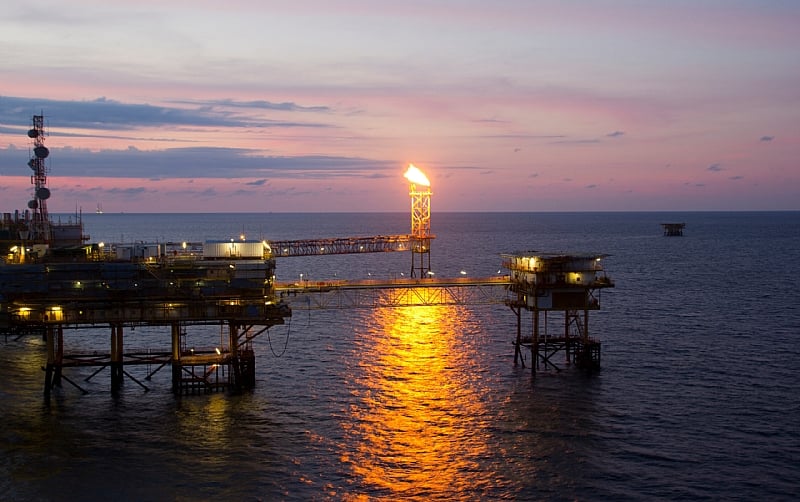Ghana is proactively addressing methane emissions from its oil fields, recognizing the urgency of mitigating this potent greenhouse gas’s contribution to climate change. The nation’s multi-pronged approach encompasses a commitment to significantly reduce or eliminate routine gas flaring by 2026, a practice that releases methane directly into the atmosphere. This will be achieved in part by constructing a second gas processing plant, enabling the conversion of excess gas into usable energy, thereby curbing wasteful flaring. Furthermore, Ghana is mandating that all new oil fields incorporate mechanisms to prevent flaring, aligning with existing regulations and demonstrating a forward-thinking approach to emissions control. Complementing these efforts, Ghana is actively exploring partnerships to leverage advanced technologies for enhanced methane measurement, ensuring accurate monitoring and reporting of emissions. These initiatives underscore Ghana’s commitment to responsible resource management and its recognition of the global imperative to address climate change.
The impetus for these actions is driven in part by evolving international regulations, particularly the European Union’s Methane Regulation (EU 2024/1787), which sets stringent standards for methane emissions associated with imported oil and gas. As a significant exporter to the EU, Ghana recognizes the necessity of complying with these regulations to maintain market access. The new rules require meticulous measurement, reporting, and verification of methane emissions, adding a layer of complexity to petroleum operations. This presents a particular challenge for developing nations like Ghana, which often face financial constraints and limited access to the advanced technologies required for precise monitoring and reporting. However, Ghana is embracing these challenges as an opportunity to modernize its oil and gas sector and position itself as a responsible energy producer.
Methane, while often overlooked in climate discussions, possesses a significantly higher warming potential than carbon dioxide, making its reduction crucial for mitigating near-term climate impacts. Early-stage oil and gas producers like Ghana have a distinct advantage in addressing methane emissions. They can design infrastructure and operational practices from the outset to minimize leaks and emissions, unlike established producers burdened with retrofitting existing systems. This proactive approach, incorporating leak detection and repair programs, continuous monitoring, and the adoption of best practices from the start, is not only more environmentally sound but also more cost-effective in the long run. By prioritizing these measures, Ghana can establish a sustainable and responsible oil and gas sector.
Global market dynamics are also driving the focus on methane reduction. International buyers, especially in Europe, are increasingly prioritizing methane performance as a key criterion in their sourcing decisions. This shift makes emissions control not just a matter of environmental responsibility but also a critical factor for market access and competitiveness. For African producers seeking to maintain or expand their share of the European market, compliance with these evolving regulations is paramount. This market-driven pressure is aligning economic incentives with environmental goals, creating a powerful impetus for change within the oil and gas industry.
Furthermore, methane abatement offers significant economic benefits alongside its environmental advantages. A substantial portion of abatement options are revenue-enhancing, meaning they can actually increase profitability while reducing emissions. The technologies required to detect and reduce methane leaks already exist, making implementation feasible. This economic viability is attracting the attention of investors, who are increasingly scrutinizing companies’ methane performance before making investment decisions. Financing tools like sustainability-linked bonds further incentivize emissions reductions by offering cheaper access to capital for companies that meet specific targets.
The convergence of regulatory pressure, market demand, and economic incentives is creating a compelling case for methane abatement. International frameworks, such as the Oil and Gas Methane Partnership (OGMP 2.0), offer valuable support to producers in this transition. By joining such initiatives, African governments and national oil companies can access reporting frameworks, verification mechanisms, and technical assistance to effectively reduce emissions. Integrating methane management into national regulations enhances transparency and signals credibility to buyers and investors, further strengthening the business case for action. Ultimately, methane abatement presents a win-win scenario: it benefits the climate, enhances producers’ profitability, and strengthens the economic competitiveness of exporting nations.














